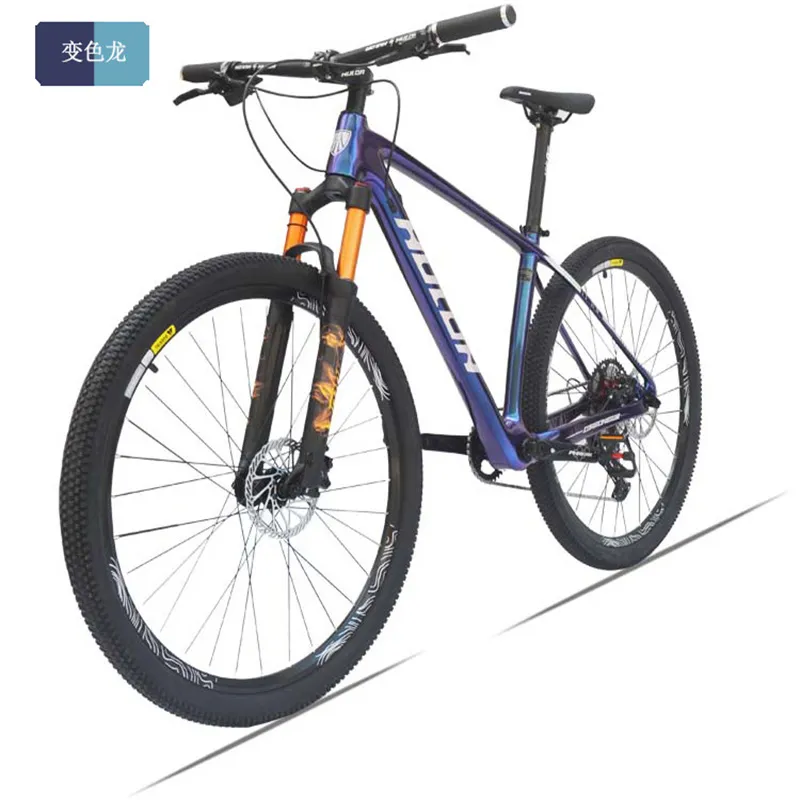
- Afrikaans
- Albanian
- Amharic
- Arabic
- Armenian
- Azerbaijani
- Basque
- Belarusian
- Bengali
- Bosnian
- Bulgarian
- Catalan
- Cebuano
- Corsican
- Croatian
- Czech
- Danish
- Dutch
- English
- Esperanto
- Estonian
- Finnish
- French
- Frisian
- Galician
- Georgian
- German
- Greek
- Gujarati
- Haitian Creole
- hausa
- hawaiian
- Hebrew
- Hindi
- Miao
- Hungarian
- Icelandic
- igbo
- Indonesian
- irish
- Italian
- Japanese
- Javanese
- Kannada
- kazakh
- Khmer
- Rwandese
- Korean
- Kurdish
- Kyrgyz
- Lao
- Latin
- Latvian
- Lithuanian
- Luxembourgish
- Macedonian
- Malgashi
- Malay
- Malayalam
- Maltese
- Maori
- Marathi
- Mongolian
- Myanmar
- Nepali
- Norwegian
- Norwegian
- Occitan
- Pashto
- Persian
- Polish
- Portuguese
- Punjabi
- Romanian
- Russian
- Samoan
- Scottish Gaelic
- Serbian
- Sesotho
- Shona
- Sindhi
- Sinhala
- Slovak
- Slovenian
- Somali
- Spanish
- Sundanese
- Swahili
- Swedish
- Tagalog
- Tajik
- Tamil
- Tatar
- Telugu
- Thai
- Turkish
- Turkmen
- Ukrainian
- Urdu
- Uighur
- Uzbek
- Vietnamese
- Welsh
- Bantu
- Yiddish
- Yoruba
- Zulu
Aug . 09, 2024 05:50 Back to list
Finding the Right Mountain Bike Size for Optimal Comfort and Performance on Every Trail
Understanding Mountain Bike Sizing A Guide to Choosing the Right Fit
When it comes to mountain biking, one of the most critical factors that can significantly affect your riding experience is the size of your bike. Proper mountain bike sizing ensures not only comfort but also maximizes performance, safety, and control on varied terrains. In this article, we’ll explore the importance of bike sizing, the different sizing methods available, and how to choose the right bike for your needs.
Why Bike Sizing Matters
Getting the right size mountain bike is crucial for a handful of reasons. First and foremost, a well-fitted bike enhances your riding experience. It allows you to maintain better control when descending, maneuvering around obstacles, and climbing steep trails. A bike that is too small or too large may cause discomfort and fatigue, particularly in the saddle and shoulders. Over time, improper sizing can lead to injuries, affecting your enthusiasm and ability to ride.
Different Sizing Methods
Mountain bikes are typically sized based on either the rider’s height or inseam measurement. Here are the most common sizing methods
1. Frame Size Mountain bikes usually come in small, medium, large, and extra-large sizes. Each manufacturer may define these categories differently. It’s essential to consult the bike brand's sizing chart to find the appropriate frame size based on your height.
2. Inseam Measurement This method involves measuring the distance from your crotch to the ground while standing barefoot. After obtaining this measurement, you can use the bike manufacturer’s formula or chart to find the suitable frame size. This method is often more reliable, especially for riders with longer or shorter torsos.
mountain bike sizing

3. Professional Fitting If you're serious about mountain biking and want the best fit, consider seeking a professional bike fitting. These experts take various measurements and adjust components such as seat height, stem length, and handlebar height to tailor the bike to your specific needs.
Tips for Choosing the Right Mountain Bike Size
- Test Ride One of the best ways to determine the right size is to test ride several bikes. Make sure to take them out on actual trails or paths to see how they handle. Pay attention to how the bike feels when you stand over it, how you reach the handlebars, and how comfortable you are while sitting.
- Stand Over Height A good rule of thumb is to have 1-2 inches of clearance when you stand over the top tube of the bike. This space allows for proper movement and prevents injuries during riding.
- Reach and Standover Assess the reach (the distance from the saddle to the handlebars) and standover height. Your elbows should be slightly bent when reaching for the handlebars. For standover height, ensure you can comfortably straddle the bike with your feet flat on the ground.
- Adjustable Components Look for bikes that come with adjustable seat posts and handlebar heights. This flexibility can help accommodate slight changes in riding posture and terrain styles.
Conclusion
Choosing the right-size mountain bike is essential for both your comfort and performance on the trails. With the right size, you'll have a more enjoyable time biking, be able to tackle challenging terrains, and reduce the risk of injury. Take the time to measure yourself, consult sizing charts, test bikes, and, if necessary, seek professional fitting. Investing in the right size bike will pay off with countless hours of enjoyable riding ahead. Happy biking!
-
The Ultimate Kids' Four-Wheeler Experience
NewsJul.09,2025
-
The Ultimate Guide to Mountain Bikes: Gear Up for Your Ride
NewsJul.09,2025
-
The New Age of Cycling: Electric Bikes for Every Rider
NewsJul.09,2025
-
The Best Kids Bicycles: Ride in Style and Safety
NewsJul.09,2025
-
The Best 3-Wheel Scooters for Kids: Fun, Safety, and Adventure
NewsJul.09,2025
-
Revolutionize Your Ride: Affordable Electric Bikes
NewsJul.09,2025
-
Finding the Perfect Mountain Bike for Every Rider
NewsJul.09,2025



